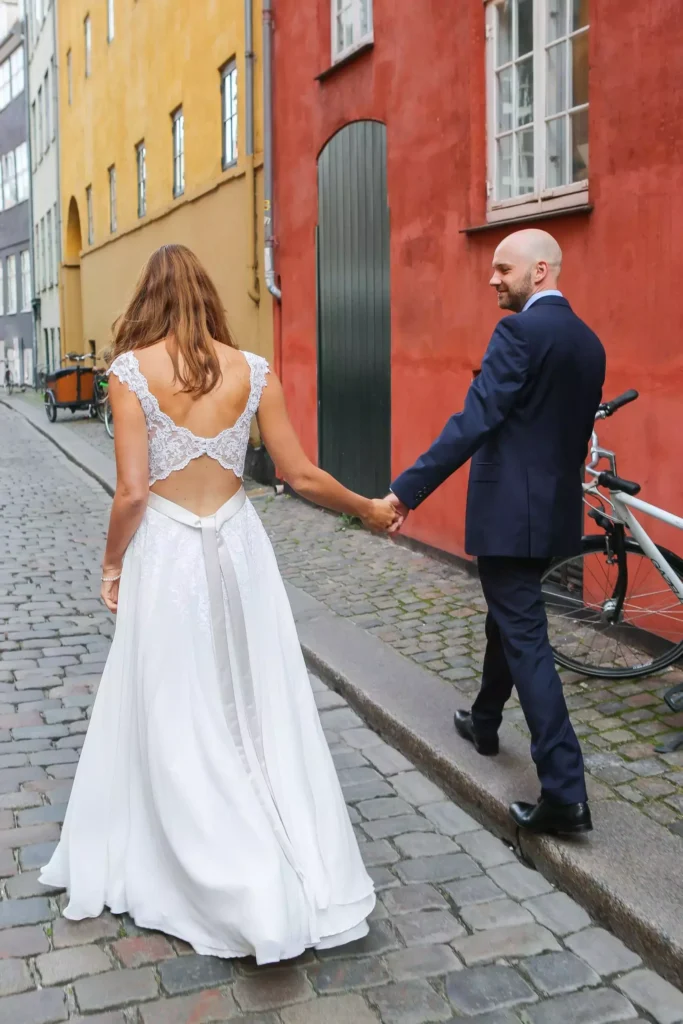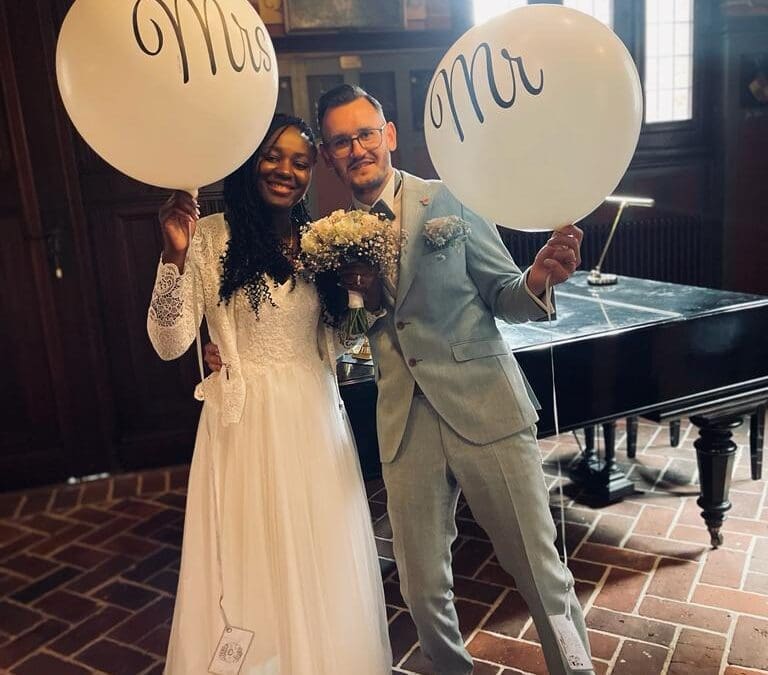What is the Danish International Marriage Certificate?
The International Marriage Certificate holds significant importance for couples who choose to get married in Denmark. This official document serves as the physical evidence of your marriage and is recognized internationally. It not only validates the union of two individuals but also facilitates various legal and administrative processes both within Denmark and abroad.
Do you want to know more about getting married in Denmark? Read more about the required documents here.
How to apply for an International Marriage Certificate?
The application process for an International Marriage Certificate involves several steps, starting with the collection of necessary documentation. Couples must ensure they possess a valid marriage certificate issued by the Danish Civil Registration System, which acts as the primary proof of marriage. Once all required documents are in order, the application can be submitted to the Danish Civil Registration System. This can typically be done online through the official website or in person at designated offices.
It’s important to note that processing times may vary depending on factors such as the volume of applications and the complexity of individual cases. However, Danish authorities strive to process applications efficiently, and couples can expect to receive their International Marriage Certificate within a reasonable timeframe, usually a few working days.
What does the International Marriage Certificate contain?
The International Marriage Certificate provides essential details about the marriage, ensuring its authenticity and validity. This includes:
- Full names of both spouses
- Date
- Location of the marriage ceremony
- Signatures of the relevant authorities.
The certificate serves as a comprehensive record of the marriage, making it indispensable for various legal and administrative purposes.
When and why do you need an International Marriage Certificate?
The need for an International Marriage Certificate may arise in numerous situations, particularly when couples relocate to another country following their marriage. Many countries require proof of marriage for spousal reunification purposes, where the International Marriage Certificate serves as crucial documentation. Additionally, the certificate may be necessary for legal proceedings, such as applying for joint bank accounts, obtaining visas for foreign travel, or securing inheritance rights.

How long does it take to get an International Marriage Certificate?
The processing time for an International Marriage Certificate can vary depending on factors such as the workload of Danish authorities and the complexity of the application. While some couples may receive their certificate within a few days of submitting their application, others may experience slightly longer processing times. However, Danish authorities are committed to processing applications promptly, ensuring couples can access their certificates in a timely manner.
Does your Marriage Certificate Require Apostille Legalisation?
In certain circumstances, individuals may find it necessary to obtain Apostille legalization for their Danish Marriage Certificate. The Apostille is a form of authentication issued to documents for use in countries that are part of the Hague Convention. Whether or not your Danish Marriage Certificate requires Apostille legalization depends on the specific requirements of the country where you plan to use it.
While many countries recognize Danish documents without Apostille, particularly within the European Union, those outside the EU or not part of the Hague Convention may require Apostille legalization. It’s important to research the specific requirements of the country in question to ensure your Danish Marriage Certificate meets all necessary criteria for legal recognition.
Do you need our assistance finding your marriage certificate or do you wish to get married in Denmark? Reach out to us today and let us help you tie the knot in one of the many beautiful city halls in Denmark.

